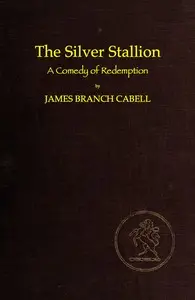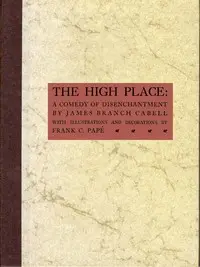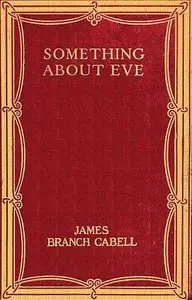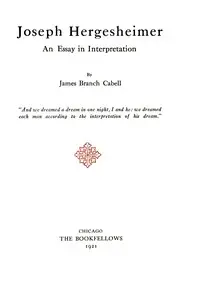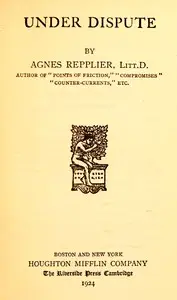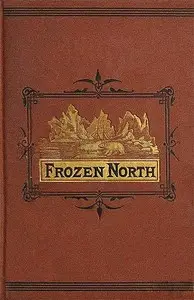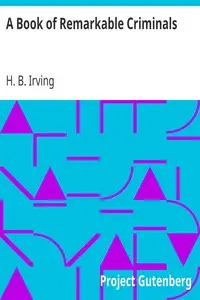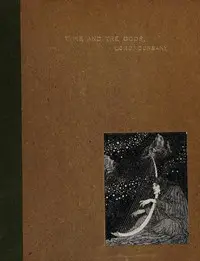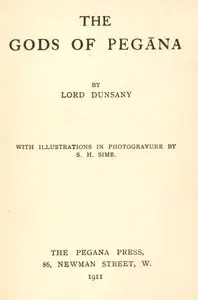"The Jewel Merchants: A Comedy in One Act" by James Branch Cabell is a play written in the early 20th century, likely during the 1920s. This comedic work, designed for theatrical performance, tackles themes of love, ambition, and moral ambiguity set against the backdrop of Renaissance Tuscany. The play highlights the era's complex views on ethics and the casual attitudes toward crime, reflecting a time when societal norms regarding virtue and vice were radically different from modern standards. The narrative centers around Graciosa, the daughter of a jewel merchant, and her entanglements with Guido, a jewel merchant himself, and Alessandro de Medici, the Duke of Florence. The play begins with a romantic undertone as Graciosa and Guido exchange playful banter about love and the nature of their social status. However, the introduction of Duke Alessandro complicates matters. The Duke's playful but sinister nature leads to tension, as he expresses interest in Graciosa while manipulating the dynamics of power and love. Ultimately, a clash occurs between Guido and the Duke, leading to betrayal and moral dilemmas. Through witty dialogue and satirical exploration of these themes, the play examines the societal constraints placed on individuals, particularly women, in matters of love and marriage while intertwining humor and intrigue. (This is an automatically generated summary.)
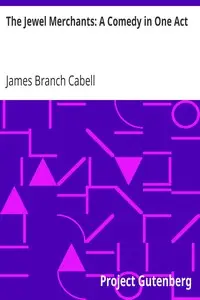
The Jewel Merchants: A Comedy in One Act
By James Branch Cabell
"The Jewel Merchants: A Comedy in One Act" by James Branch Cabell is a play written in the early 20th century, likely during the 1920s. This comedic w...
Genres
Released
2006-02-01
Formats
epub
mobi (images)
epub3 (images)
epub (images)
mobi
Free Download
Overview
About the Author
James Branch Cabell was an American author of fantasy fiction and belles-lettres. Cabell was well-regarded by his contemporaries, including H. L. Mencken, Edmund Wilson, and Sinclair Lewis. His works were considered escapist and fit well in the culture of the 1920s, when they were most popular. For Cabell, veracity was "the one unpardonable sin, not merely against art, but against human welfare".
Total Reviews
10.0k
Total reviews from Goodreads may change

